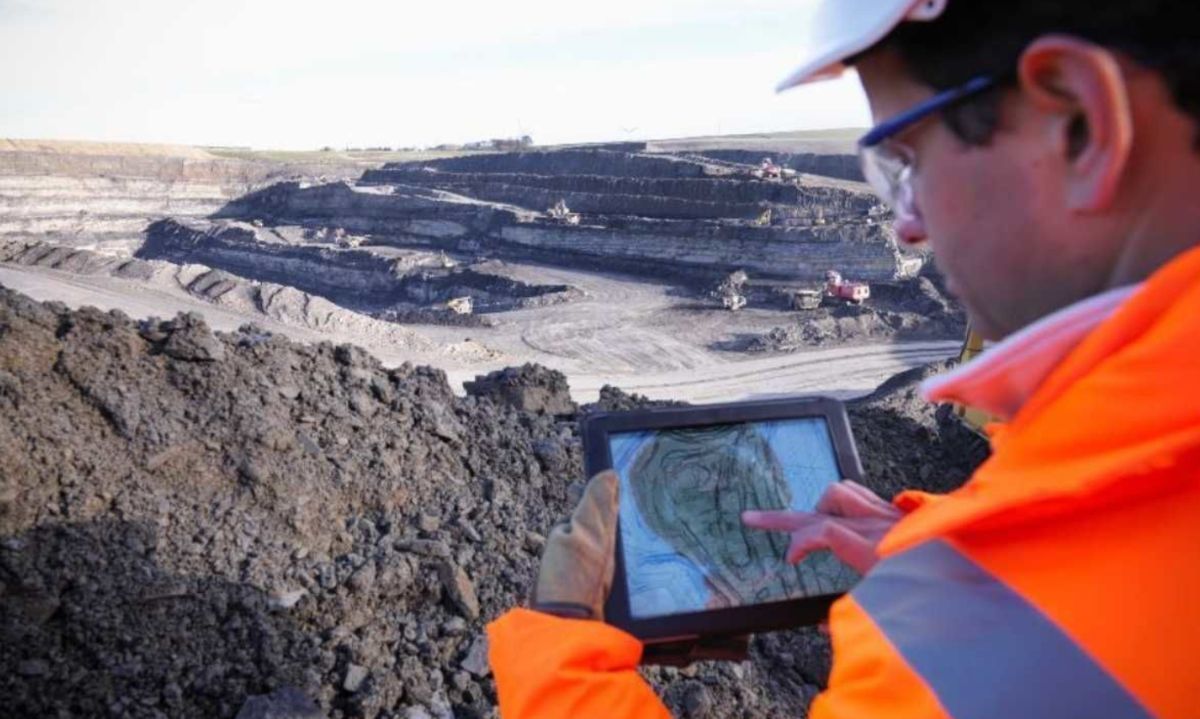
As forecasts for the copper demand in the clean-energy transition contribute to driving prices of the essential metal to their highest levels in two years, a recent report underscores the threats to future metal supplies posed by climate change.
According to a report by PricewaterhouseCoopers LLP, even in an optimistic low-emission scenario for 2050, over half of the world's copper mines will be situated in regions facing significant, high, or extreme drought risks. The study also revealed that the exposure to drought for two other energy transition metals, lithium and cobalt, is even higher at 74%.
Copper has surged in recent months, surpassing $10,000 per metric ton, driven by expectations of imminent shortages as mines struggle to keep pace with increasing demand from electric vehicles, grid infrastructure, and data centers. However, the extraction of new deposits is becoming more challenging and expensive, while growing attention to environmental and social issues is dampening investment.
Climate-related disruptions would further exacerbate supply risks. While the impact of rising temperatures and changing weather patterns on agricultural commodities is well-documented, their effects on minerals are less understood. Zambia's copper mines are grappling with a power supply shortage due to drought affecting hydroelectric installations. Similarly, water scarcity in Chile has hindered copper production in recent years, prompting the industry to explore seawater usage.
According to the PwC study, for each of the nine commodities analyzed, over 40% of global supply comes from no more than three countries. In the case of copper, Chile, Peru, and China contribute to over half of the production.
Emma Cox, the Global Climate Leader at PwC UK, emphasized in an interview, "That means that if climate change disrupts, it can have a disproportionate effect because you've not got that spread. I don't think everybody understands the dependencies and the impacts of a future change in climate."




